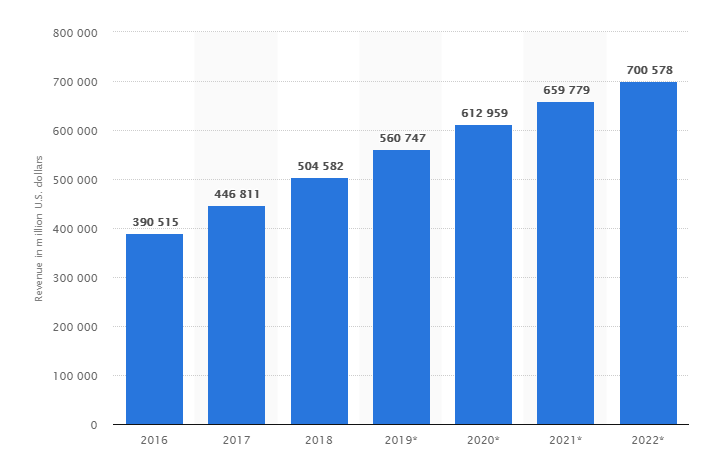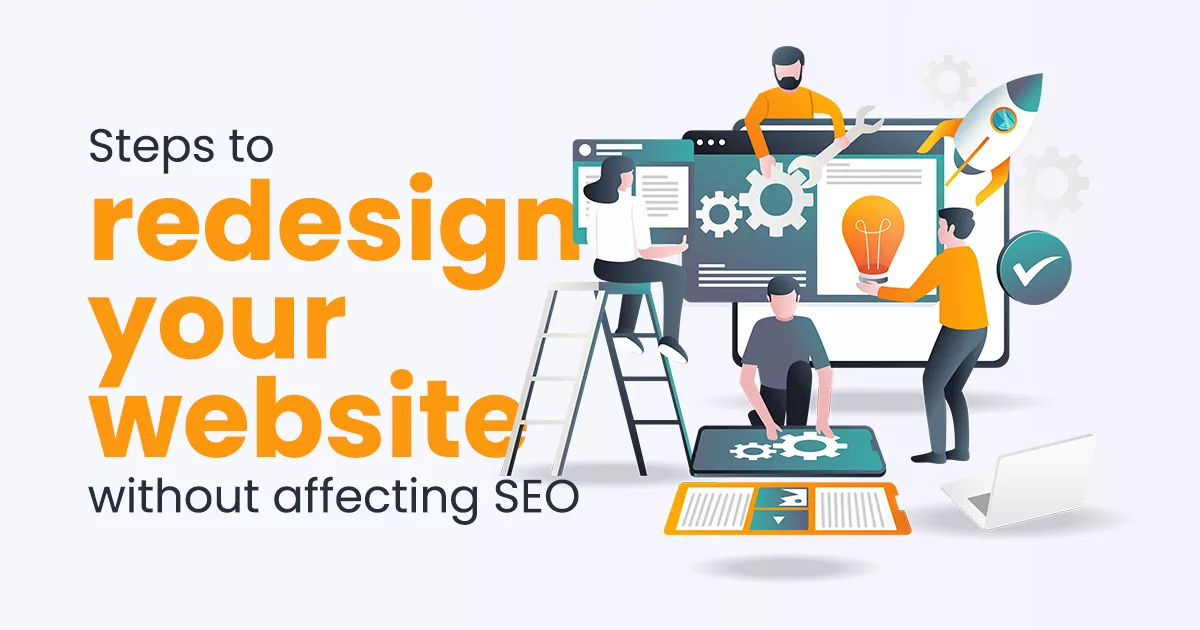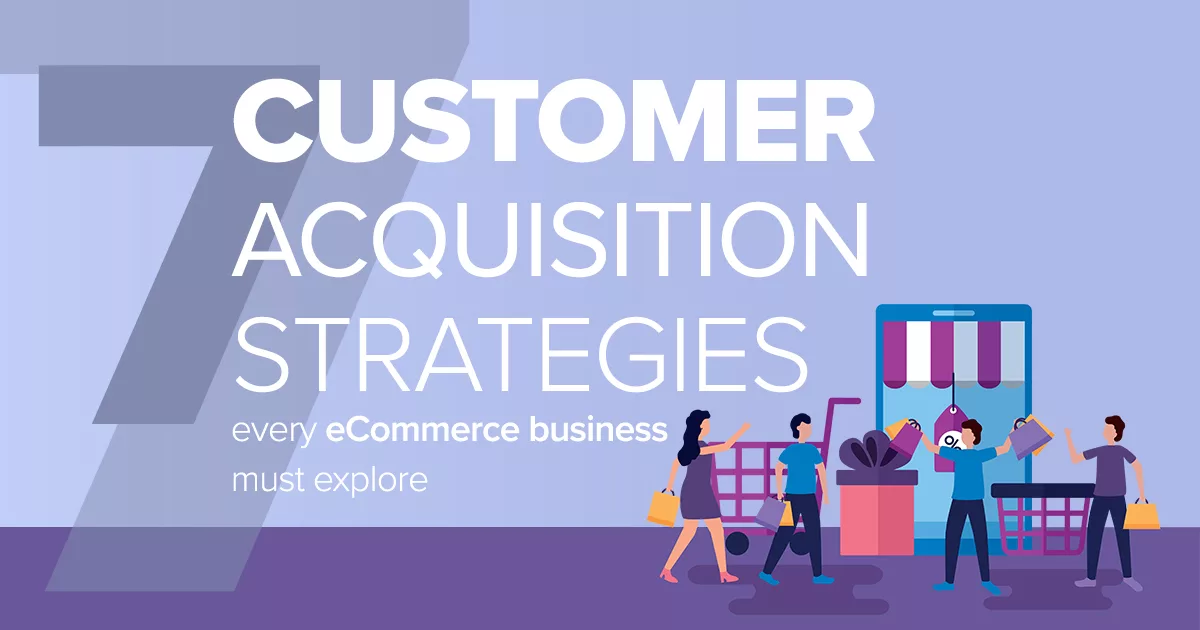Top 5 must have Components for an eCommerce Website

 Considering that retail businesses have a greater inclination to perform well in their eCommerce businesses nowadays, several technical and marketing integrations are required for the successful operation of an eCommerce business.
Considering that retail businesses have a greater inclination to perform well in their eCommerce businesses nowadays, several technical and marketing integrations are required for the successful operation of an eCommerce business.
- Payment Integrations
- Mobile Compatibility
- Scalable Infrastructure
- Shipping Integration
- Advanced user experience
The Must-Have Integrations for Retail E-commerce Excellence
1. Payment Integrations:
Ease of payment is one of the primary requirements a customer seeks while shopping online. Very often, customers bounce back because of an unsecured payment gateway experience on the shopping websites, whereas they prefer to proceed further after observing a familiar payment method. Since some people prioritize different methods as their primary payment method, a good eCommerce website gives its users plenty of payment options that they can choose at their convenience.2. Responsive Design:
Considering the large number of users who prefer mobiles or tablets to make online purchases, it is mandatory for any eCommerce website to be mobile-friendly in order to provide a smooth online shopping experience to buyers. That is why mobile compatibility should be a primary requirement for online sellers when setting up their eCommerce stores.
3. Scalable Infrastructure:
Scalability is the elementary factor that affects an online business in the long run. It needs to be taken care of either while setting up the new eCommerce store or while revamping an existing store to handle a large number of traffic and listings. Your website must be ready to tackle incoming traffic increasing day by day. The lag in loading of a website may result in the loss of potential customers as a customer always has the option to go to a competitor’s website. So the point is, that your hosting infrastructure should be able to scale up when your website starts getting more and more traffic.4. Shipping Integration:
A reliable shipping integration is necessary to ensure a smooth delivery process by providing real-time shipment updates to your customers. A great shipping experience includes transparency, speed, ease of use, smooth delivery management, and much more.5. Rich User Experience:
The most important component to be considered in any eCommerce website is the user-friendly UI/UX that provides a seamless online shopping experience to the visitors. The best approach to provide such a User Experience is to use a simple and clear design, SEO-friendly landing pages, easy navigation throughout the entire website, a simple sign-in feature, and easy checkout options.Conclusion:
Various other factors need to be taken care of while setting up an eCommerce store, but these are the primary ones. So make sure that your eCommerce store is equipped with all the above-shared factors. If there are any other factors that you think should be primarily included while setting up an eCommerce store, then feel free to share them with us in the comments section below.Subscribe to our Blog
Read our newly created blogs delivered straight to your inbox.


